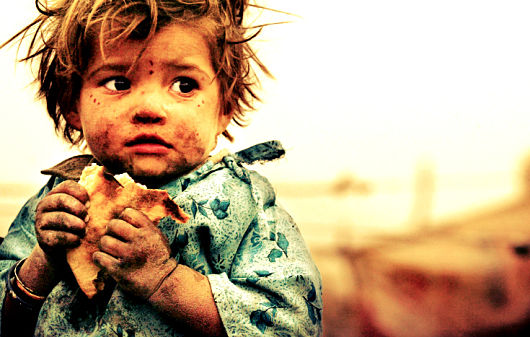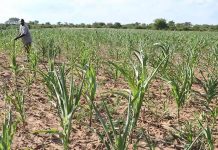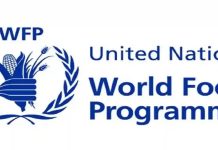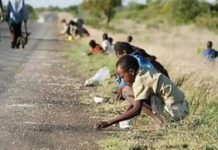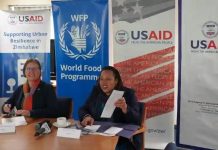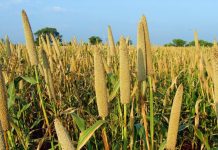MILLIONS of Zimbabweans pushed into hunger by prolonged drought and economic crisis face an increasingly desperate situation unless adequate funding for a major relief operation materialises quickly, the United Nations World Food Programme (WFP) has warned.
The deepening hardship is forcing families to eat less, skip meals, take children out of school, sell off livestock and fall into a vicious cycle of debt.
With nearly eight million people and half the population now food insecure, WFP plans to double the number of people it assists up to 4.1 million but needs over US$200 million for its emergency response in the first half of 2020 alone.
“As things stand, we will run out of food by end of February, coinciding with the peak of the hunger season when needs are at their highest,” said Niels Balzer, WFP’s Deputy Country Director in Zimbabwe in a statement Tuesday.
“Firm pledges are urgently needed as it can take up to three months for funding commitments to become food on people’s tables.”
Years of drought have slashed food production in Zimbabwe, once considered the breadbasket of Southern Africa.
This year’s maize harvest was down 50 percent in 2018, with overall cereal output less than half the national requirement.
By August of 2019, WFP was forced to launch an emergency lean season assistance programme to meet rising needs, months earlier than anticipated.
Since then, food shortages have become ever more pronounced. This month, maize was only available in half of the markets WFP monitors countrywide.
Worryingly, runaway inflation, a symptom of the wide-ranging economic crisis Zimbabwe is experiencing has propelled the prices of basic commodities beyond the reach of all but the most privileged.
Amid dire shortage of foreign exchange and of local currency, Zimbabwe has seen drastic price increases, bread now costs 20 times what it cost six months ago, while the price of maize has nearly tripled over the same period.
There is little respite expected for the most vulnerable, including subsistence farmers who grow most of Zimbabwe’s food and depend on a single, increasingly erratic rainy season.
Owing to the acute shortages of local currency and rapid inflation, it entails a large-scale switch from cash-based assistance to food distributions.
WFP is uniquely positioned to make this switch in times of crisis but can only do so with sustained donor support.
“While WFP now has the staff, partners, trucking and logistics capacity in place for a major surge in Zimbabwe, it is essential that we receive the funding to be able to fully deliver,” Balzer said.

